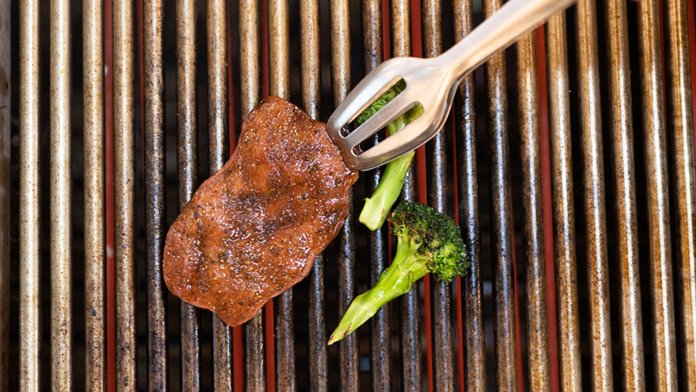Islamic scholars in Saudi Arabia have provided guidance suggesting that lab-grown meat could be considered halal (permissible under Islamic dietary laws).
This advice was offered to the US food start-up, Eat Just, as the food industry explores certification for products aligning with religious dietary regulations.
San Francisco-based Eat Just sought the opinion of three Sharia law scholars regarding the permissibility of meat produced under artificial conditions being classified as halal. Their conclusion was affirmative, with certain conditions, including the requirement that the stem cells used originate from halal sources.
While the lab-grown meat industry is still not operating on a large-scale commercial level, a few start-ups have received approval from regulators in the US and Singapore. Companies are now actively assessing whether their products align with the dietary requirements of billions of consumers who follow halal or kosher diets.
This endeavor is complex, primarily because religious dietary certification standards differ from one country to another, and religious authorities in various jurisdictions may hold differing views.
Mirte Gosker, the Managing Director of the Good Food Institute in Asia Pacific, noted that while the recent ruling by Eat Just does not immediately alter the halal status of lab-grown meat products already in the market, it does lay the foundation for future commercialization.
Gosker stated, “This week’s ruling provides much-needed insight on what an approval road map might look like, and we expect that start-ups will immediately begin adapting their production processes to satisfy this new guidance.”
Lab-grown or “cultured” meat is cultivated from animal cells and grown in bioreactors, distinct from plant-based meat produced by companies such as Beyond Meat and Impossible Foods, which use ingredients like pea and soy protein. Over the past year, investors have increasingly favored cultured meat over the plant-based alternative.
According to the Islamic scholars’ guidance, for meat to be considered halal, its cell line must originate from an animal permissible for Muslims to consume, it must have been slaughtered in accordance with Islamic law, and it must have been fed permissible nutrients. Additionally, the finished product should be edible, healthy, and approved by the relevant regulatory agency.
As the lab-grown meat industry advances, this ruling provides valuable insights into the potential alignment of its products with Islamic dietary requirements.


